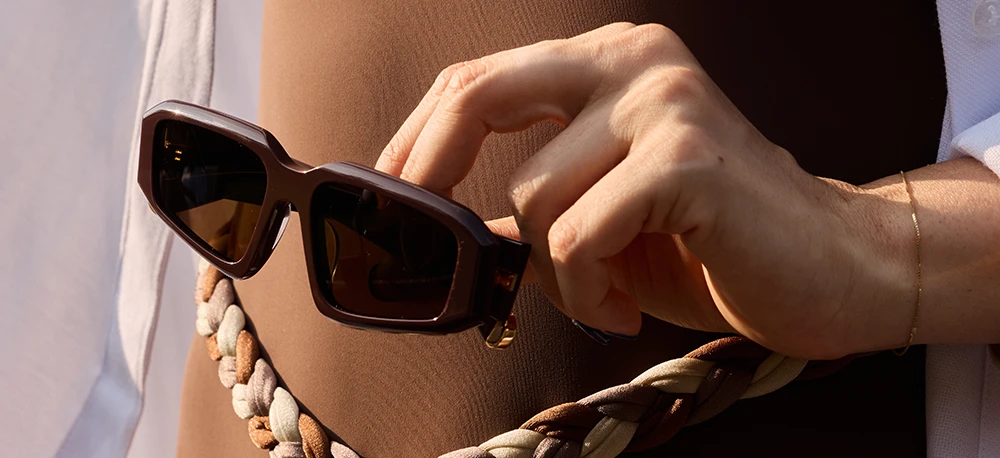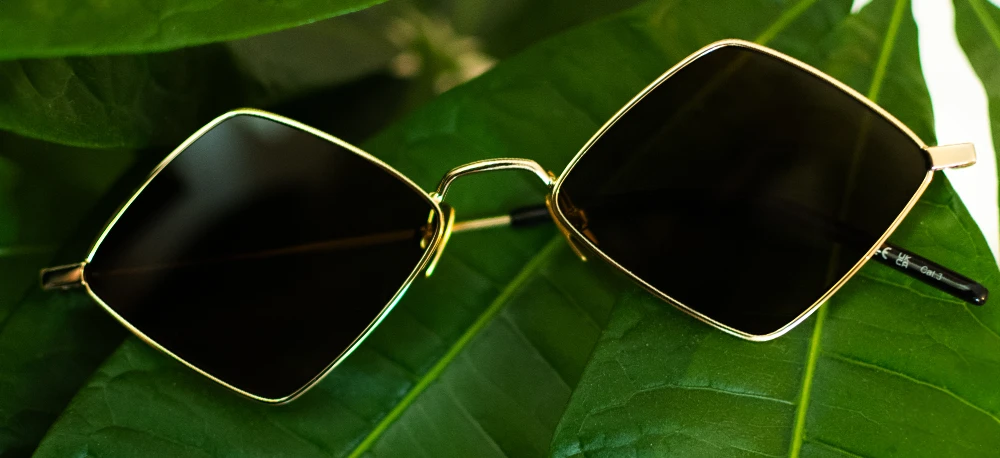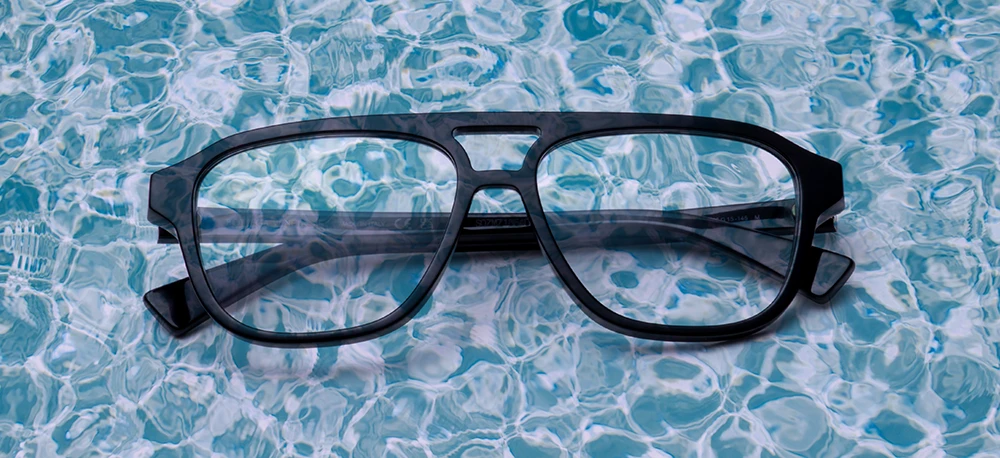What Should I Not Use to Clean My Glasses? The Guide to Safe Lens Care
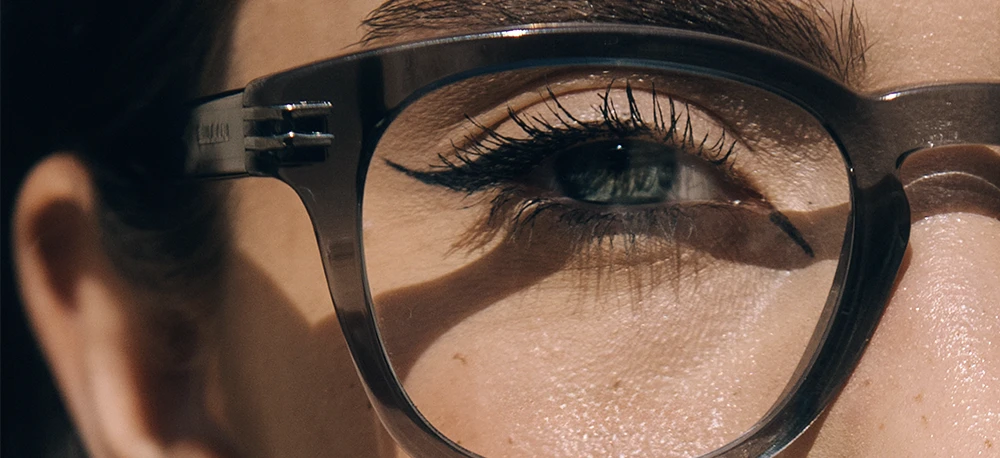
Table of Contents
Wondering what you should not use to clean your glasses? Avoid tissues, paper towels, clothing, window cleaners, alcohol, vinegar and hot water. These damage coatings and scratch lenses. Stick to microfibre cloths and lens-safe solutions for spotless results.
Why the wrong cleaning method can ruin your glasses
Cleaning your glasses seems like a quick and harmless task, but the wrong approach can cause lasting damage. Using inappropriate materials or chemicals can result in scratches, the breakdown of anti-reflective coatings, and even changes to the way you see through your lenses. Small scratches may not look serious at first, but over time they scatter light and make vision less sharp, particularly in low-light conditions like driving at night.
It’s essential to understand that lenses are designed with delicate surfaces and coatings that need specific care. By avoiding common cleaning mistakes, you can extend the life of your eyewear and ensure that your vision remains clear and comfortable.
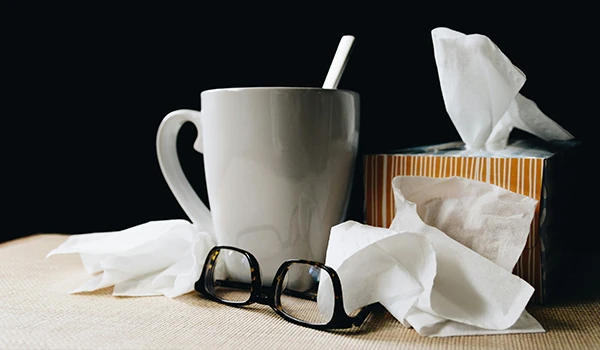
Never use tissues, paper towels, or clothing
Reaching for a tissue or the corner of your shirt may feel convenient, but these are some of the worst things to use on your glasses. Fibres in tissues, napkins, or clothing are surprisingly coarse. Instead of wiping dust away, they drag tiny particles across the surface of the lens, causing micro-scratches.
These scratches build up over time and reduce the transparency of your lenses. They may also create glare when driving at night or working in front of a screen. Instead:
- Always keep a microfibre cloth with you, as it is soft and specifically designed for lenses.
- Avoid quick fixes with tissues or jumpers, no matter how tempting.
- Rinse off dust with water before wiping to prevent abrasion.
For more advice on choosing the right cloth, read our guide on the best glasses cleaning cloths and how to restore clarity without damaging your lenses.
Avoid household cleaners: window spray, vinegar, bleach
Household cleaning sprays are designed for tough surfaces like glass windows and kitchen counters, not delicate eyewear. Products like window cleaner, vinegar, bleach, or ammonia-based sprays may cut through dirt and grease effectively, but they also strip away protective coatings on your lenses.
These coatings are essential for reducing glare, blocking UV rays, and making lenses easier to clean. Once damaged, they cannot be repaired, leaving your lenses vulnerable and less effective. Instead of household cleaners:
- Choose a lens-specific spray recommended by your optician.
- Carry a small travel-sized cleaning solution in your bag or car.
- Explore natural alternatives through our eco-friendly glasses cleaning tips.
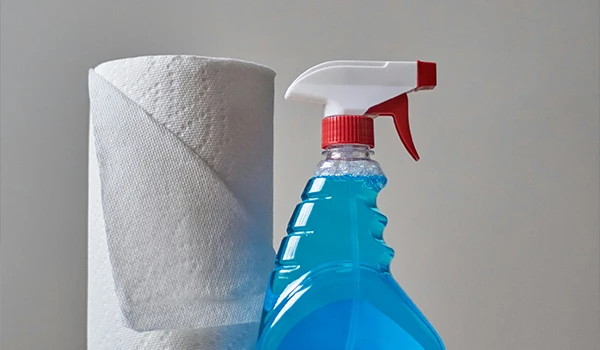
Don’t use alcohol or acetone
It’s easy to assume that products like rubbing alcohol or acetone will deliver a deep clean. After all, they are powerful solvents. But when applied to glasses, they are some of the most damaging substances you can use. Alcohol, acetone, and nail polish remover degrade lens coatings, leaving behind streaks, cloudy areas, and sometimes complete peeling.
Over time, this type of damage can:
- Compromise your vision by creating blurry patches.
- Make your glasses look older and poorly maintained.
- Force you to replace lenses earlier than expected, costing more in the long run.
Safer options include sprays made for eyewear or professional services such as ultrasonic glasses cleaning, which uses gentle vibrations to remove dirt without harsh chemicals.
Skip hot water rinses
Many people assume rinsing glasses under hot water is effective, but it’s another common mistake. Hot water and steam can cause lens coatings to expand and contract unevenly, leading to peeling, cracking, or warping. Once coatings start to bubble, the lenses are permanently damaged.
Instead:
- Always rinse with cool or lukewarm water to loosen dirt before wiping.
- Use gentle soap without additives to remove oils.
- Dry with a microfibre cloth, not a towel or tissue.
Remember that high temperatures in other environments, such as leaving glasses on a hot dashboard, can also cause similar damage.
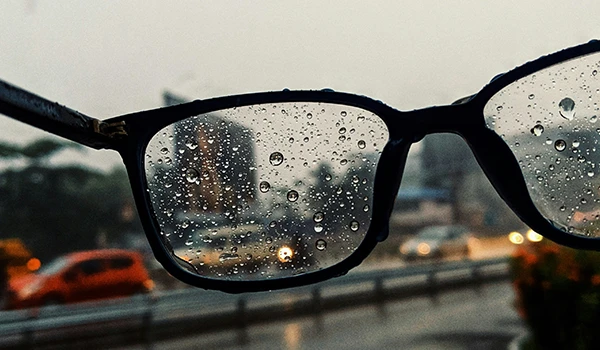
Everyday habits to avoid
It’s not only about cleaning products, small daily habits can gradually wear down your eyewear:
- Breathing on lenses and wiping with sleeves: scratches and smears.
- Leaving glasses face-down on desks, scuffed lenses.
- Storing glasses in pockets or bags without a case, dust, dirt and accidental scratches.
- Exposure to extreme heat, warped frames and cracked coatings.
By changing these habits, you extend the lifespan of your glasses and reduce the frequency of repairs or replacements.
What you should use instead
The good news is that keeping glasses clean safely is simple and inexpensive. Here’s what works best:
- Microfibre cloths: Soft and washable, ideal for removing smudges without scratching.
- Lens-safe sprays: Designed for coated lenses, gentle and effective.
- Lukewarm water rinses: Removes dust and particles before wiping.
- Mild soap without fragrance or additives: Perfect for dissolving oils without harming coatings.
- Protective hard case: Keeps your glasses safe when not in use.
If you notice stubborn marks or discolouration, don’t scrub. Instead, check our article on oxidation on sunglasses and how to remove it safely.
Your glasses are an investment in your health and quality of life. Using tissues, paper towels, alcohol, vinegar, or hot water might seem harmless in the moment, but each of these mistakes gradually erodes lens quality. With proper care, using microfibre cloths, eyewear-safe sprays, and the right cleaning techniques, you protect not just your glasses, but your daily comfort and visual clarity.
Taking a few minutes each day to clean your glasses properly means fewer scratches, longer-lasting coatings, and sharper vision in every situation.






















































































